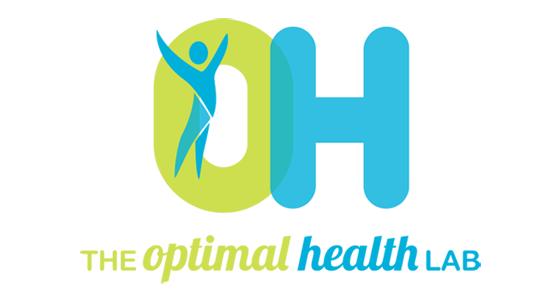Headaches are a very common ailment characterized by pain or discomfort in the head or neck region. They can be caused by various factors, including tension, dehydration, lack of sleep, sinus congestion, or underlying medical conditions. The three main types of headaches are known as tension type headache, cervicogenic headache and migraine.
The most prevalent type is tension-type headache, often associated with a tight band around the head or forehead, stress, anxiety, or poor posture.
Cervicogenic headaches are common and are often characterized by pain on one side of the head radiating from the base of the skull at the back to behind one eye. These are often characterized by a deep ache, muscle tightness, a recent neck or whiplash injury.
Migraines, another prevalent form of pain in the head, involve throbbing pain behind both eyes, they are often severe, and the patient is light and sound sensitive. Patients often have nausea and vomiting and require medication to manage them. These can be bought on by diet, menstrual cycle, other hormonal changes and other medical issues, but they can also be trigger by ongoing or untreated headache symptoms too.
The causes of headaches are multifaceted depending on the type, with triggers ranging from environmental factors to genetic predispositions. Dehydration, for instance, can lead to a headache. On the other hand, tension headaches often result from muscle contractions in the head and neck, often exacerbated by stress postural changes. Identifying and addressing specific triggers is crucial for effective headache management, and this is where our curious physiotherapy team are a great ally and work to be a detective on your situation with you.
Treatment approaches vary depending on the type and cause of headaches. Over-the-counter pain relievers, lifestyle modifications, and stress management techniques are common strategies, yet intermittent use of manual therapy and exercises therapy can also be highly effective for some. In cases of chronic or severe headaches or migraines, medical intervention may be necessary, including prescription medications or preventive measures.
Lets get preventative! Preventive measures for headaches and migraines can include maintaining a regular sleep pattern, staying hydrated, managing stress through relaxation techniques, and adopting a healthy lifestyle. While headaches are usually not indicative of serious underlying issues, persistent or severe symptoms warrant medical attention to rule out more serious conditions. Understanding the diverse causes and adopting a holistic approach to management can significantly improve the quality of life for individuals affected by headaches.
Are you a headache sufferer who would like a fresh opinion on their case? Or are headaches new to you and you need a thorough assessment? Our Physiotherapy team can support you both – bookings available 9431 5955 or via the Client Portal on our website.
